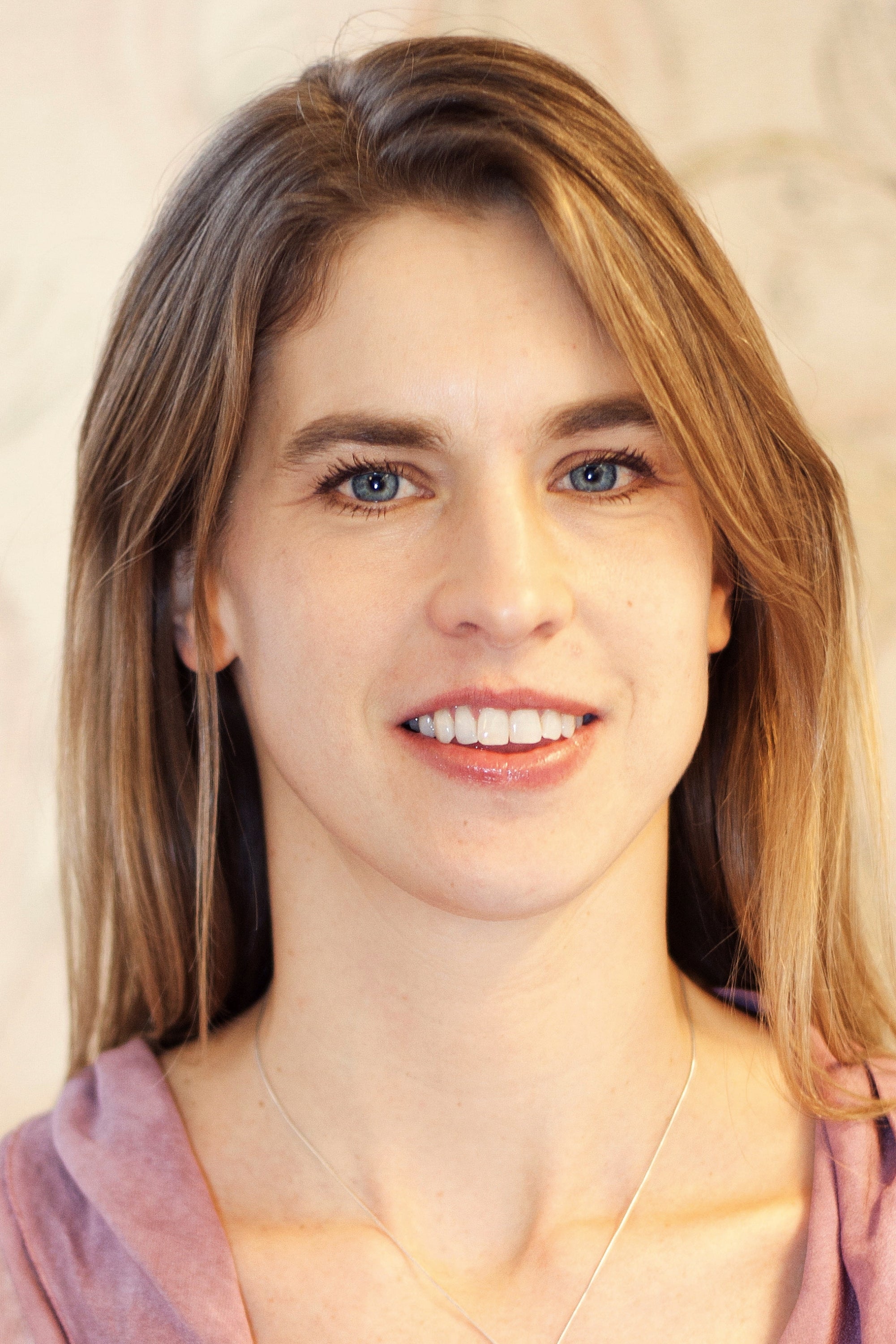 Accelerated boundary integral simulations of particulate and two-phase flows
Accelerated boundary integral simulations of particulate and two-phase flows

Anna-Karin Tornberg, professor of Numerical Analysis at the Kth Royal Institute of Technology, Stockholm, Sweden.
In micro-fluidic applications where the scales are small and viscous effects dominant, the Stokes equations are often applicable. The suspension dynamics of fluids with immersed rigid particles and fibers are very complex also in this Stokesian regime, and surface tension effects are strongly pronounced at interfaces of immiscible fluids. Simulation methods can be developed based on boundary integral equations, which leads to discretizations of the boundaries of the domain only, and hence fewer unknowns compared to a discretization of the Partial Differential Equation (PDE).
Two main challenges associated with boundary integral discretizations are to construct accurate quadrature methods for singular and nearly singular integrands, as well as to accelerate the solution of the linear systems, that will have dense system matrices.
If these issues are properly addressed, boundary integral based simulations can be both highly accurate and very efficient.
I will present a spectrally accurate Fast Fourier Transform (FFT) based Ewald method developed for the purpose of accelerating simulations and will discuss its application to simulations of periodic suspensions of rigid particles and rigid fibers in 3D. I will also discuss a method for highly accurate simulations of interacting drops in 2D.
Note: At 12:00 p.m. on Thursday Anna-Karin will meet a small group of selected students for lunch. If you are interested in being one of them, please send an email to Women in Math.
Registration is encouraged!